Types of Bathroom Tiles: A Comprehensive Guide
When it comes to remodeling your bathroom, choosing the right tiles is one of the most important decisions you’ll make. The right tiles can completely transform your space, adding both beauty and functionality.
At High Sierra Remodeling & Construction, we know how overwhelming the options can be, so we’ve put together this guide to help you understand the different types of bathroom tiles available and their unique benefits.
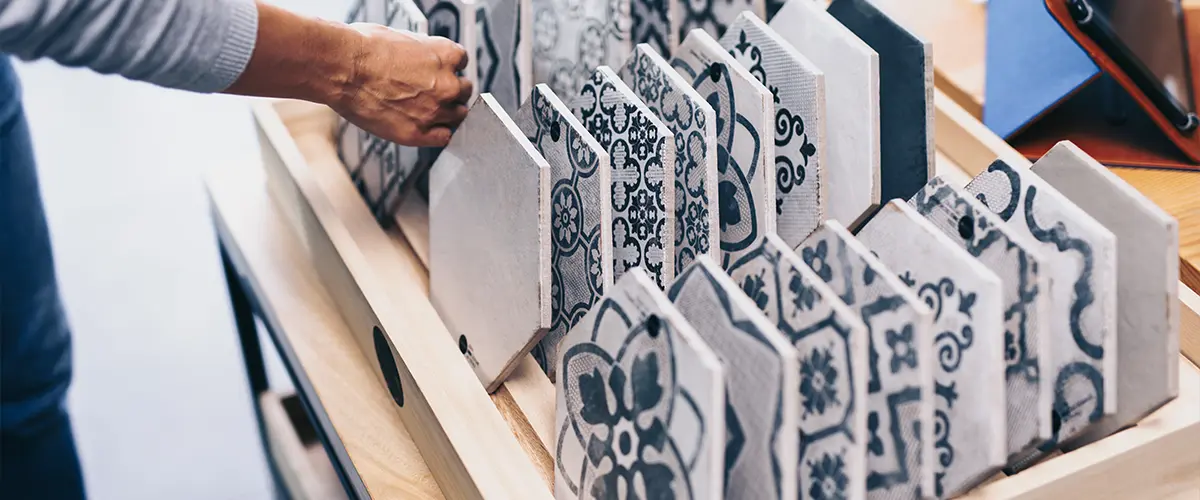
Ceramic Tiles
Ceramic tiles are a popular choice for bathrooms because they’re versatile, durable, and relatively affordable. They come in a wide range of colors, sizes, and finishes, making it easy to find the perfect match for your style.
Ceramic tiles are also easy to clean and maintain, which is a big plus for a busy bathroom.
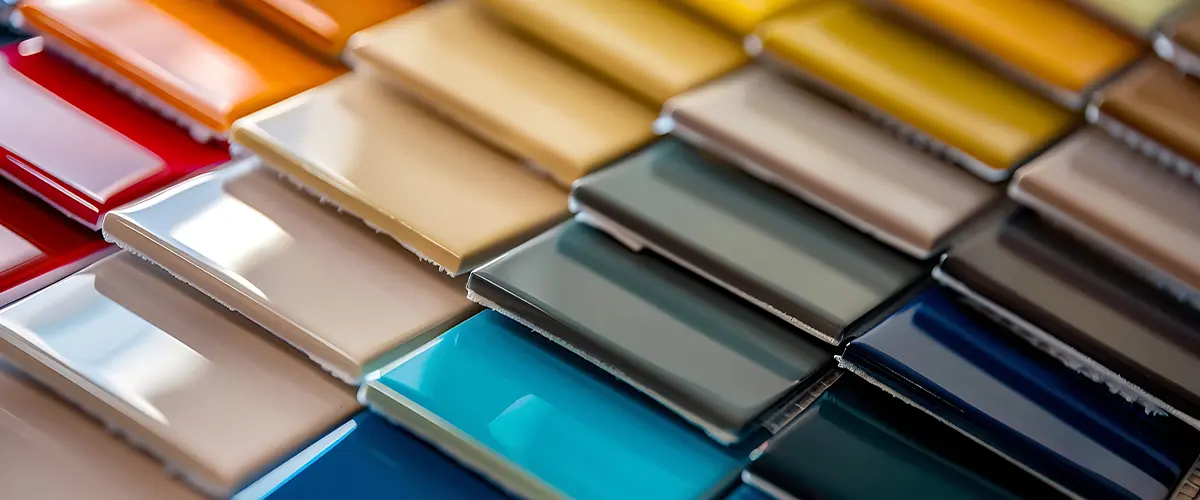
Porcelain Tiles
If you’re looking for something a bit more durable than ceramic, porcelain tiles might be the way to go. Porcelain tiles are denser and less porous, which makes them highly resistant to moisture and staining. This makes them perfect for bathroom floors and walls.
They also come in a variety of styles, including some that mimic the look of natural stone or wood.
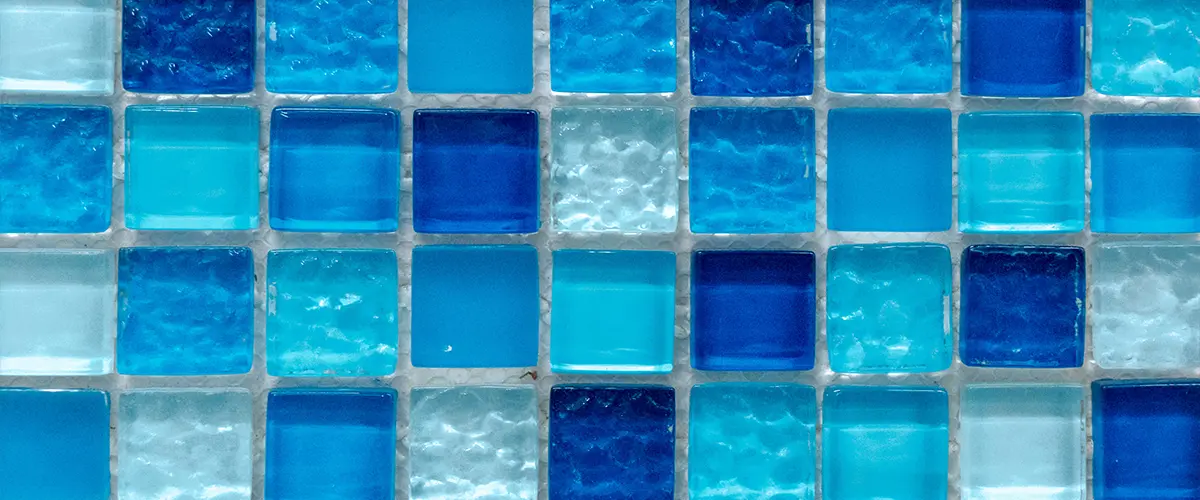
Glass Tiles
For a touch of elegance and modernity, glass tiles are an excellent choice. These tiles are often used as accents or for creating stunning mosaics. Glass tiles reflect light, which can make your bathroom feel brighter and more spacious.
They are also resistant to mold and mildew, making them a hygienic option. However, they can be a bit more challenging to install and may require professional help to get that perfect look.

Stone Tiles
Natural stone tiles, such as marble, granite, or slate, bring a luxurious and timeless feel to any bathroom. Each stone tile is unique, offering a one-of-a-kind look that can’t be replicated.
Stone tiles are incredibly durable and can last a lifetime with proper care. However, they do require regular sealing to prevent stains and water damage.
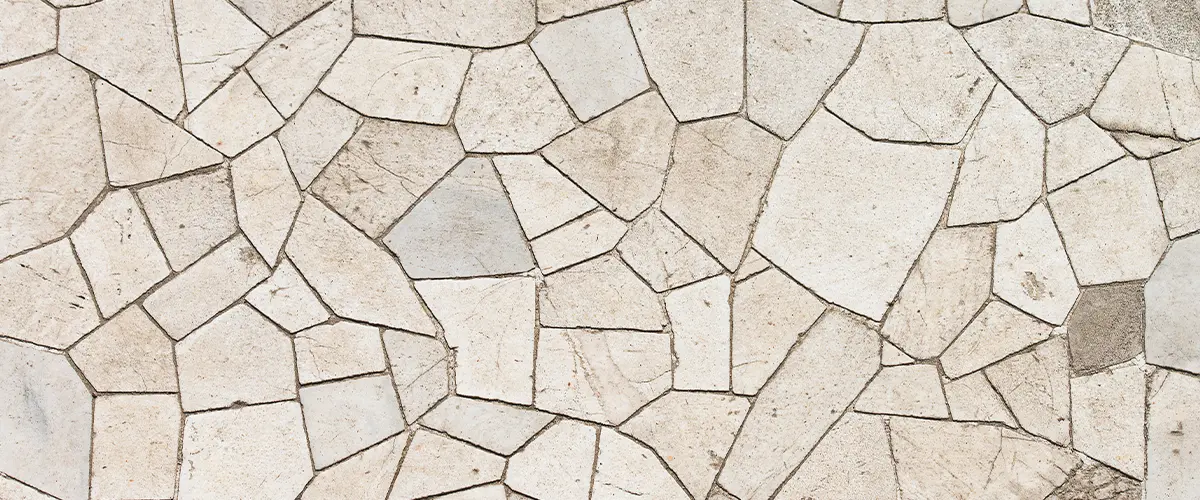
Vinyl Tiles
Vinyl tiles have come a long way and are now a practical and stylish option for bathroom flooring. They are water-resistant, comfortable underfoot, and very easy to install, often available in peel-and-stick formats.
Vinyl tiles can mimic the look of wood, stone, or ceramic tiles, providing a budget-friendly alternative without compromising on aesthetics.
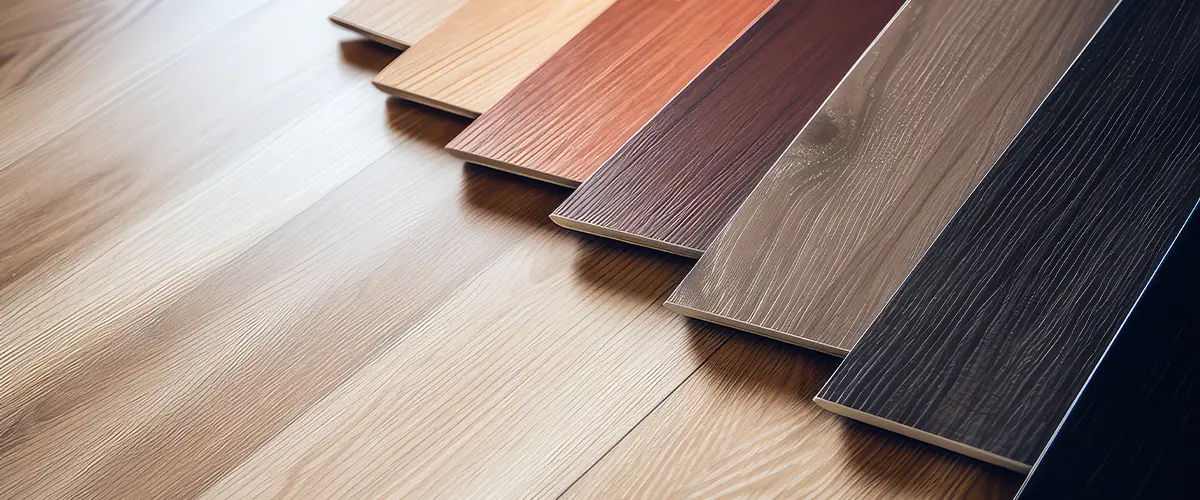
Types of Bathroom Tiles: Pros and Cons
| Tile Type | Pros | Cons |
|---|---|---|
| Ceramic Tiles | Affordable, versatile, easy to clean, wide range of colors and styles | Can be prone to chipping, less durable than porcelain |
| Porcelain Tiles | Extremely durable, water-resistant, wide variety of styles | More expensive than ceramic, can be difficult to cut and install |
| Glass Tiles | Elegant, modern look, reflects light, resistant to mold and mildew | Can be slippery, challenging to install, may require professional help |
| Stone Tiles | Luxurious, timeless appearance, each tile is unique, very durable | Expensive, requires regular sealing, can be porous |
| Vinyl Tiles | Budget-friendly, easy to install, water-resistant, comfortable underfoot | Less durable than other options, can be prone to scratches |
Maintenance Tips for Bathroom Tiles
Keeping your bathroom tiles in top-notch condition doesn’t have to be a daunting task. With a few simple maintenance tips, you can ensure your tiles stay looking fresh and beautiful for years to come.
Here at High Sierra Remodeling & Construction, we’ve gathered some easy and effective ways to maintain your bathroom tiles.
- Regular Cleaning
Regular cleaning is the key to preventing grime and mildew from building up on your bathroom tiles. Use a mild soap and water solution or a cleaner specifically designed for your type of tile.
For ceramic and porcelain tiles, a mixture of vinegar and water can work wonders. Just spray it on, let it sit for a few minutes, then wipe it off with a soft cloth.
- Grout Care
Grout can be the most challenging part of maintaining bathroom tiles, but keeping it clean is crucial. Use a small brush, like an old toothbrush, to scrub the grout lines with a mixture of baking soda and water.
For tougher stains, you can use a grout cleaner or a mixture of hydrogen peroxide and baking soda. Seal your grout once a year to protect it from moisture and stains.
- Prevent Water Damage
Water is the biggest enemy of bathroom tiles, especially for natural stone tiles. Always wipe down your tiles after a shower or bath to remove excess water.
Use a squeegee on the walls and floors to prevent water spots and soap scum buildup. Ensure your bathroom is well-ventilated to reduce moisture levels.
- Deal with Stains Promptly
Accidents happen, and stains can occur. The key is to deal with them as soon as possible. For ceramic and porcelain tiles, most stains can be removed with a bit of scrubbing and a mild cleaner.
For natural stone tiles, avoid acidic cleaners as they can damage the surface. Use a pH-neutral cleaner and a soft cloth to gently remove stains.
- Regular Inspections
Take the time to inspect your tiles regularly. Look for any cracks, chips, or loose tiles that need attention.
Fixing these small issues early can prevent bigger problems down the road. If you notice any tiles that are significantly damaged, it might be time to call in a professional for repairs.
- Seal Natural Stone Tiles
If you have natural stone tiles, sealing them regularly is a must. Sealants protect the stone from stains and water damage. Depending on the type of stone and the sealant used, you may need to reseal every six months to a year.
Always follow the manufacturer’s recommendations for the best results.
- Avoid Harsh Chemicals
- Use Mats and Rugs
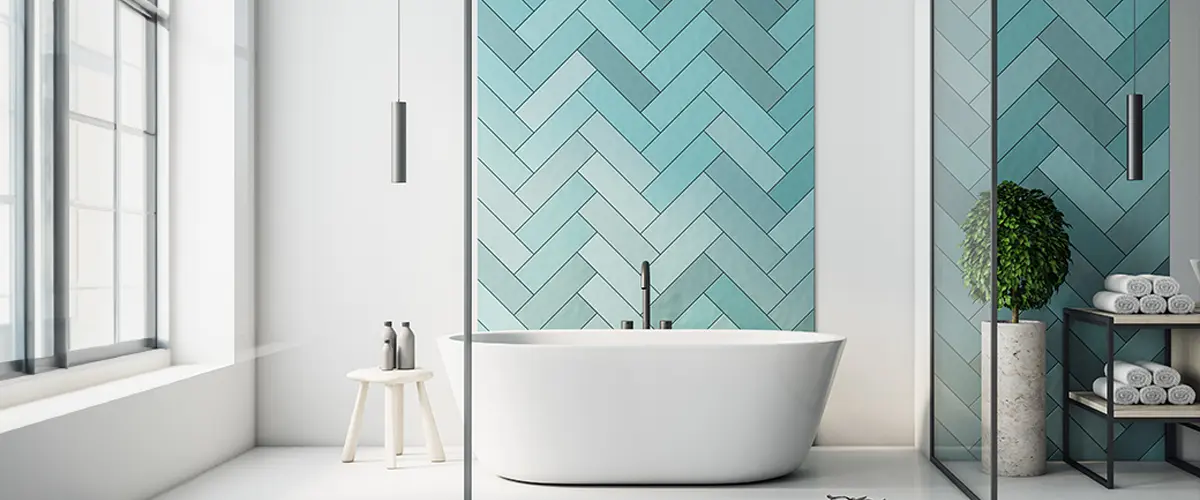
FAQ
Make The Right Choice For Your Home
Ready to transform your bathroom with the perfect tiles? At High Sierra Remodeling & Construction, we’re here to help you every step of the way, from choosing the right tiles to expert installation.
Contact us today for a free consultation and let’s make your dream bathroom a reality! (775) 242-6405
